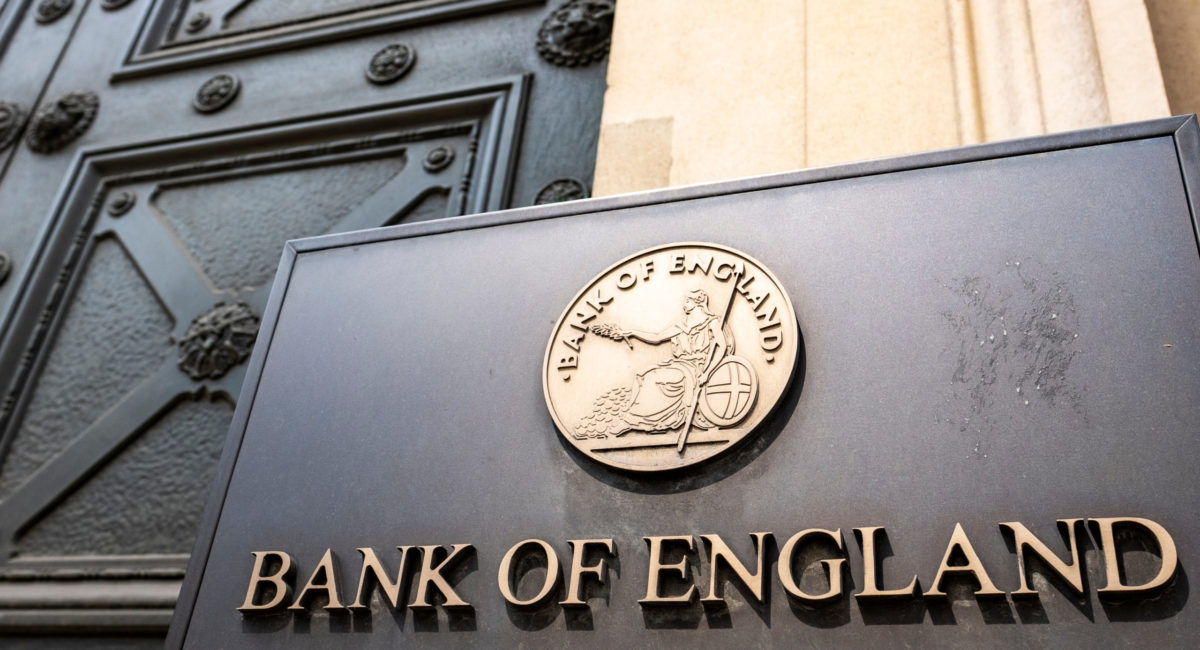Climate border tax could cost British customers and industry
SUGGESTED



“A carbon border adjustment mechanism is meant to prevent the loss of British industry to countries failing to tackle climate change. Applying a well-designed carbon price with border adjustment to the British economy to ensure the costs of climate change are appropriately accounted for is not objectionable.
“There is a risk, however, that CBAM becomes little more than a tariff applied to a small number of politically-favoured sectors rather than a principled calculation of carbon leakage costs. A poorly designed CBAM would cost British citizens and industry by making everything more expensive. Whatever the benefit to the ‘protected’ industries like steel and cement, it will mean higher costs to everyone else on the likes of electric cars and building infrastructure.
“The UK has been offshoring heavy industries in various forms for over a century, as we got richer by specialising in higher-value sectors like finance and pharmaceuticals. Where carbon leakage has occurred, it is largely the result of expensive and complex climate policies, particularly in the energy sector.”
ENDS
Notes to Editors
Contact: media@iea.org.uk / 07763 365520
The mission of the Institute of Economic Affairs is to improve understanding of the fundamental institutions of a free society by analysing and expounding the role of markets in solving economic and social problems. The IEA is a registered educational charity and independent of all political parties.



